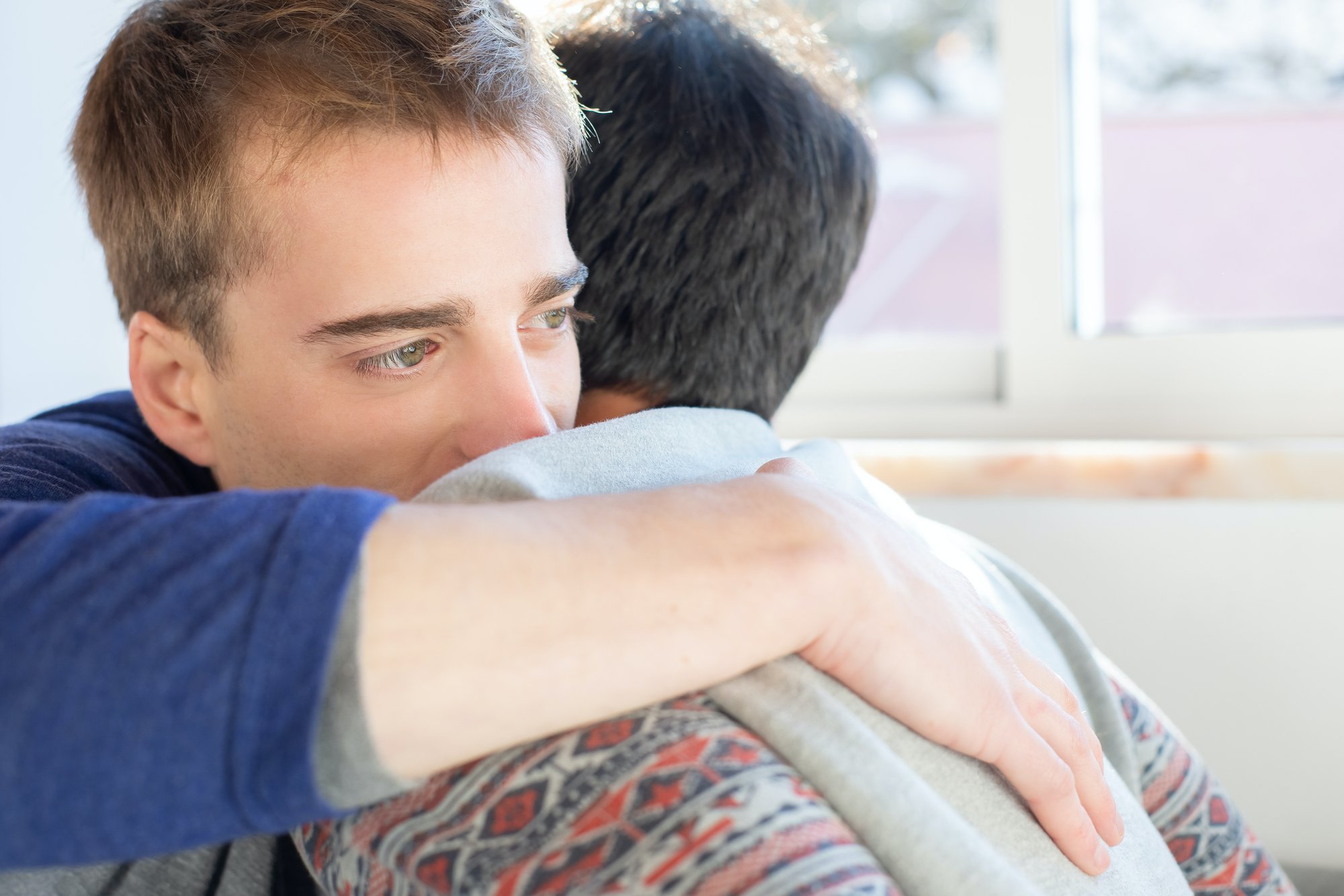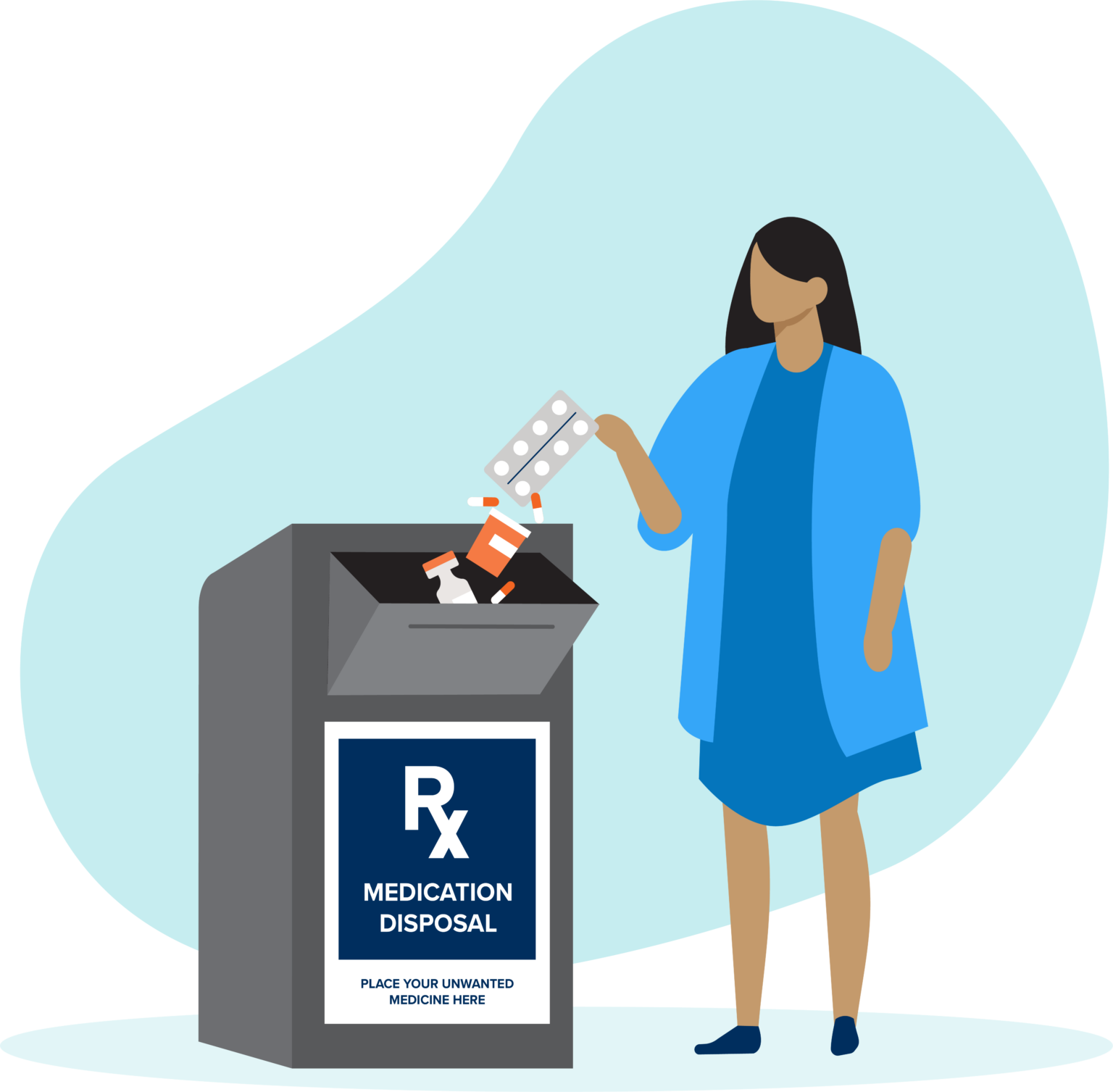Opioid use disorder (OUD) is complex. We have curated a list of links and resources from experts in the field. From prevention and treatment to NARCAN, for community support groups or the science behind medically assisted treatment (MAT), see below.

Website - https://www.samhsa.gov/
Call - 1-800-662-4357
Text - 435748
Download the OpiRescue App - The free overdose prevention and response tool that complements Naloxone distribution and use. Available for Android and iPhone.
Medications used for opioid use disorder (MOUD): Because opioids target the brain's reward centers much more powerfully than other substances, medications blocking the reward centers are recommended. Medication-assisted treatment (MAT) is the use of medications in combination with counseling and behavioral therapies leads to successful recovery for up to 95%, in contrast to fractional success with therapy alone. Learn more about medications that can help in recovery.
Buprenorphine - Suppresses and reduces cravings for opioids.
Methadone - Reduces opioid cravings and withdrawal and blunts or blocks the effects of opioids.
Naltrexone - Blocks the euphoric and sedative effects of opioids and prevents feelings of euphoria.
50% of opioid misuse starts with leftover unused pills. Keeping pain pills around the house "just in case" can lead to accidental overdose or OUD before you know they're gone. When teens or young adults try to take alcohol, adults notice. Remembering how many pills were in a bottle in a drawer from a surgery three years ago is less likely to be obvious.
Reduce the risk.
To reduce the quantity of at-home opioids left in medicine cabinets, the DEA hosts a Drug TakeBack Day event. Between these events, they also have a collection site locator available on their website.
If take-back options are not feasible, the FDA recommends flushing opioids on FDA's flush list down the toilet to remove them from the home as soon as possible. You can also purchase RX Destroyer on Amazon. RX Destroyer absorbs and neutralizes the active ingredients and allows for safe and secure disposal of medications.

Different studies use different definitions, but a common one is continued opioid use 90 days after surgery. By this definition, on average 6.5% of people develop OUD after surgery. Risks vary by study, but often include: people taking opioids before surgery; duration of the prescription (risk starts going up after 3 days of home use); history of depression or use of benzodiazapines; fear of pain; history of trauma; history of substance abuse.
Reward Deficiency Genetics
Reward deficiency syndrome (RDS) is a term Kenneth Blum used in 1995 to describe people with genetically low dopamine experiences, leading to susceptibility to depression and addiction to substances like opioids that activate dopamine receptors. David Borsook also notes that chronic pain can mis-wire the dopamine system, a state called "anti-reward" that can amplify reward deficiency. There are many different genes involved, but this is the reason family history matters so much.
After loss: Finding Meaning - The 6th Stage of Grief - David Kessler, grief expert who wrote with Elisabeth Kubler-Ross, lost his son to an overdose.
Support for Families Affected by Addiction
The Hazelden Betty Ford Foundation provides treatment for substance abuse disorder (as well as opioid use disorder) while supporting the whole family—including spouses, parents, caregivers, siblings, and children.
Find an Al-Anon or a Nar-Anon Meeting Near You
Al-Anon is the group that supports the family members and community of people with alcoholism. (Alcoholics Anonymous is a different organization that helps people recover from alcohol misuse.) Because Al-Anon has been around such a long time, many opioid/narcotic websites suggest Al-Anon as a good support for people impacted by someone else's narcotic use, too. Although Nar-Anon also supports family members and the community of people with a wider range of addictions. The best option is the one with the meetings and a support group nearest you.
Mental Health Support Resources
Trauma-informed care (TIC) plays a crucial role in supporting mental health, especially for young adults adjusting to college life. Trauma can originate from various experiences, such as childhood adversity, difficult transitions, or widespread events like the COVID-19 pandemic. Addressing trauma in the college setting is essential for fostering emotional well-being and academic success.